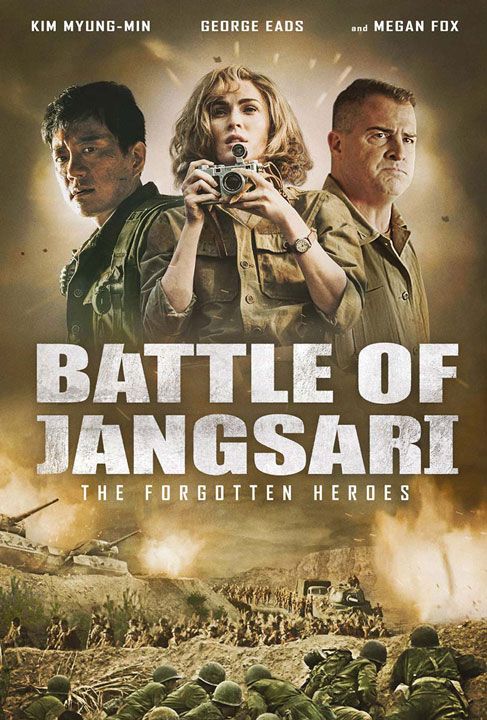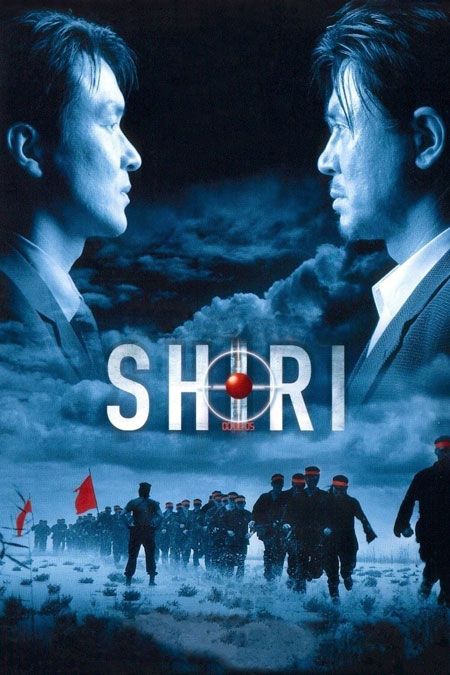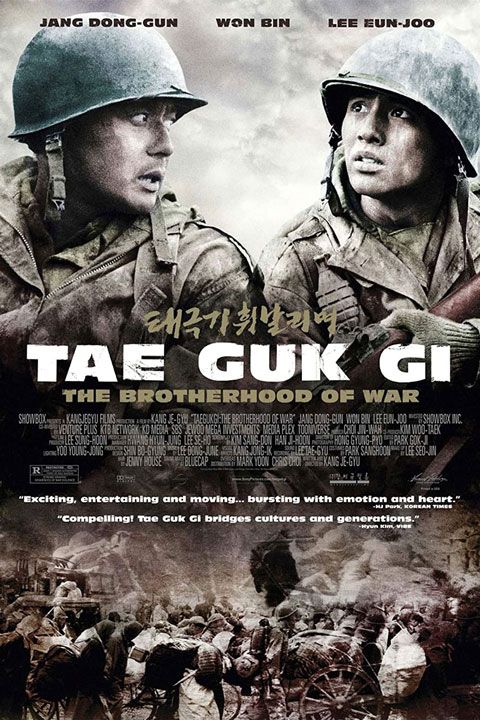Korean films have evolved with cultural integrity based on their past war regimes and communism. These films are based on social issues revolving around their political background. The phenomenon is described as so-called division films.
Division films explored the narrative background of the Korean War conflicts and the division of North and South Korea with the influence of Western ideology. American influence can be vastly recognized through their cinematic approach.
Western influence over the Korean Film industry reflects the United Nations Sustainable Development Goals for Decent Work and Economic Growth, Industry, Innovation and Infrastructure, and Reduced Inequalities.
The production of these films has created job opportunities for actors, actresses and pre and post-production units, helped the economy of South Korea during recession times and created innovative ways of sharing historical stories based on North and South Korean conflicts.
Moreover, by making such films, the South Korean film industry became a global competitor against the mighty Hollywood film production units.
The battle of Jangsari is a prime example. The film was released in 2019 with star actress Megan Fox starring as American reporter, and war correspondent and Korean star actors Kim Myung-min and Choi Min-ho acting in leading roles.
The film records the historic event of 772 student soldiers engineering a tactical invasion led by a guerilla task force commander administering a divisionary mission at Jangsari beach.
Jansari beach at that time was controlled by the North regime. The film corresponds to the art of war and patriotism. These 772 student soldiers are inexperienced for battle and are facing war and real-life combat situations for the first time in their lives.

Another Korean film which needs to be noted is Shiri. The film was released in 1999 outside of South Korea and directed by Kang Je-gyu. The film was made at a time when South Korea was going through an economic recession.
The plot of the film is about a spy Lee Bang-hee who is a sleeper agent of North Korea set on a mission to kill several South Korean important figures. Jung-won and Jang-gil set out on a mission to find Bang-hee and stop her from damaging South Korea’s national security.
Every time Jung-won and Jang-gil plan to capture or get information about Bang-hee, they are always one step behind. At a point, they are about to get some information from an arms dealer, but find him already shot by Bang-hee. The film Shiri shows the military might of the North and their conflicts with the South.

Taegukgi: The Brotherhood of War is another film directed by Kang Je-kyu which was released in 2004. The story is about two brothers who are drifted apart from each other due to the conflict between North and South Korea. It was a time when communist parties rose to power and were at war. Jin-tae and his younger brother Jin-seok’s life were torn apart by this war. During this time, the North Korean peninsula invades the South and both brothers decide to join the military to defend their motherland.
At one point, the brothers are divided, which makes the elder brother join the communist party and lead the Northern platoon, while the younger brother decides to join the Southern militia hoping to reunite with his long-lost brother on the battlefield. Jin-seok is captured by the Northern platoon which considers him a spy.
Later, Jin-seok is almost killed by his brother. Jin-tae is able to finally recognize him and tries his best to safely escape his brother but is soon killed during the chase.

The cinematic narration approach of these films is extraordinary. The battle of Jangsari has a tactical modern warfare influence whereas Shiri is a kind of street fight, one on one, hand to hand combat situation. Taegukgi: The Brotherhood of War, on the other hand, is more dramatic and narrative.
These types of division films are influenced by Korean history and shapeshifted through cultural aspects based on real life events.
